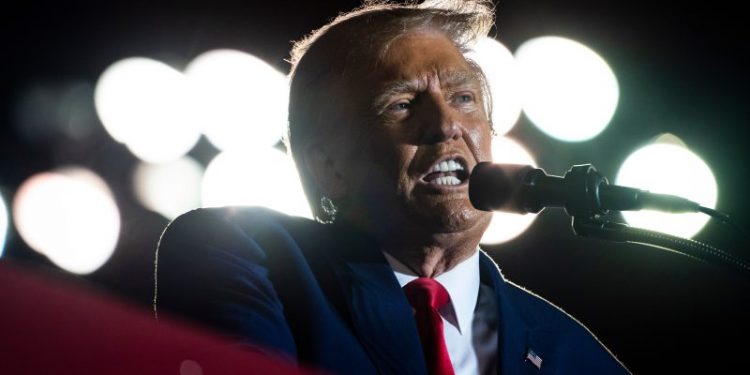Donald Trump recently proposed that the United States take steps to indemnify police officers from civil lawsuits stemming from their professional conduct. The plan was applauded by many law enforcement groups, but it was met with criticism from some civil rights activists, legal experts, and civil liberties advocates.
Trump’s proposal, however, is no groundbreaking policy change. In most jurisdictions, police are already legally indemnified from civil lawsuits. The main difference is that usually, it is the municipalities or the state that provides the indemnity.
Under the doctrine of qualified immunity, government employees are typically exempt from being held personally accountable for their official acts. This is true whether the employee is a police officer, a schoolteacher, or a civil servant. Thus, for most damages that arise out of a police officer’s official conduct, the officer is protected from being sued personally, and the municipality or state is legally required to compensate the victim.
Trump’s proposal, then, does not really add any net additional protection to police officers. It simply shifts responsibility for recompensing victims from a municipality or state to the federal government, and it would raise complex questions about standards of conduct for federal officers. Further, it could increase the risk of potential misconduct by police, given that officers may be less likely to face financial penalties for their actions.
Whether or not Trump’s proposal passes, it certainly serves as a reminder of the importance of holding government officials and police accountable for their actions. It also serves as an example of why qualified immunity is so important: by limiting the personal liability of police officers, it helps to protect citizens from abuses of power. Qualified immunity should not be used as an excuse for police misconduct, but when it is applied appropriately, it helps to ensure that those who work to protect us are not personally at risk.

















